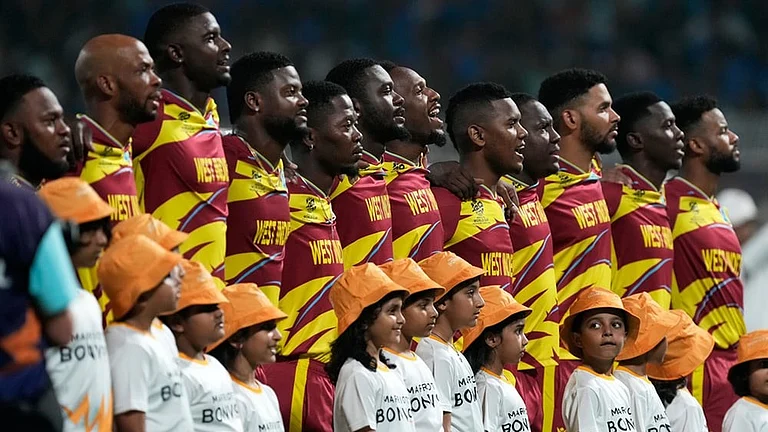
The Outlook cover story about the army’s dubious role in the Hashimpura massacre led to several army officers voicing outrage. Some like Lt General (retd) H.S. Panag took to Twitter to declare that he would write to the current army chief and call for a fresh inquiry. Not many were however willing to speak on record. Ushinor Majumdar spoke to a cross-section of retired army officers to put together the following perspective:
What’s the role of the army when deployed during internal civil unrest?
The army’s role is well-defined. In times of civil unrest the army is required to “aid civil authority” under Sec 130 of the Criminal Procedure Code (CrPC). It is there in the Defence Services Regulations and the Manual of Military Law. On an executive magistrate’s orders, the army can be used during unlawful assembly but can also be held accountable. When we receive the order, it is read in the presence of two more people. During a curfew, the armed forces conduct flag marches and announce their presence and imposition of curfew on loudspeakers. They can arrest people who assemble unlawfully but have to hand them over immediately to the police.
Can the army conduct search and seizure operations?
While army guidelines and the law speak of dispersing ‘unlawful’ assembly, they are silent on search and seizures. In a curfew, people would be indoors so there’s no unlawful assembly.
After such a requisition, is there a routine review by the army or independent investigation of what happened?
Frankly, such mishaps as Hashimpura are unheard of. Most of the time, people criticise the army for not responding. But we have to follow rules. If no magistrate is around, the law says you can take charge but immediately inform district authorities.
So, there is no system of accountability and verification?
Traditionally, no. We just produce the order given to us by the magistrate.
Is there anything that appears prima facie wrong about the army’s role in Hashimpura?
Curfew means people are to be inside. And reports and photographs show that the army carried out searches and arrests from homes. There seems to have been no unlawful assembly.
What happens after the army arrests people from an unlawful assembly?
Even in Jammu and Kashmir, where Armed Forces Special Powers Act (AFSPA) gives us such powers, such things don’t happen. When an arrest is made, we never hand them over to paramilitary forces such as the CRPF but to the police. Here they handed the arrested persons over to the PAC. The role of the army therefore appears to be dubious.
Can a civil court call for the production of a serving or retired soldier for testimony?
The army institutes simultaneous proceedings and the armed forces personnel are tried by a court martial following a court of inquiry.





















